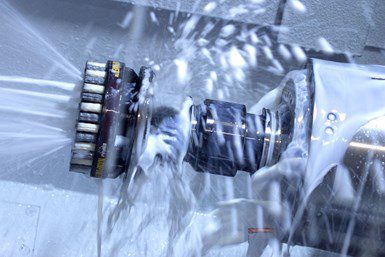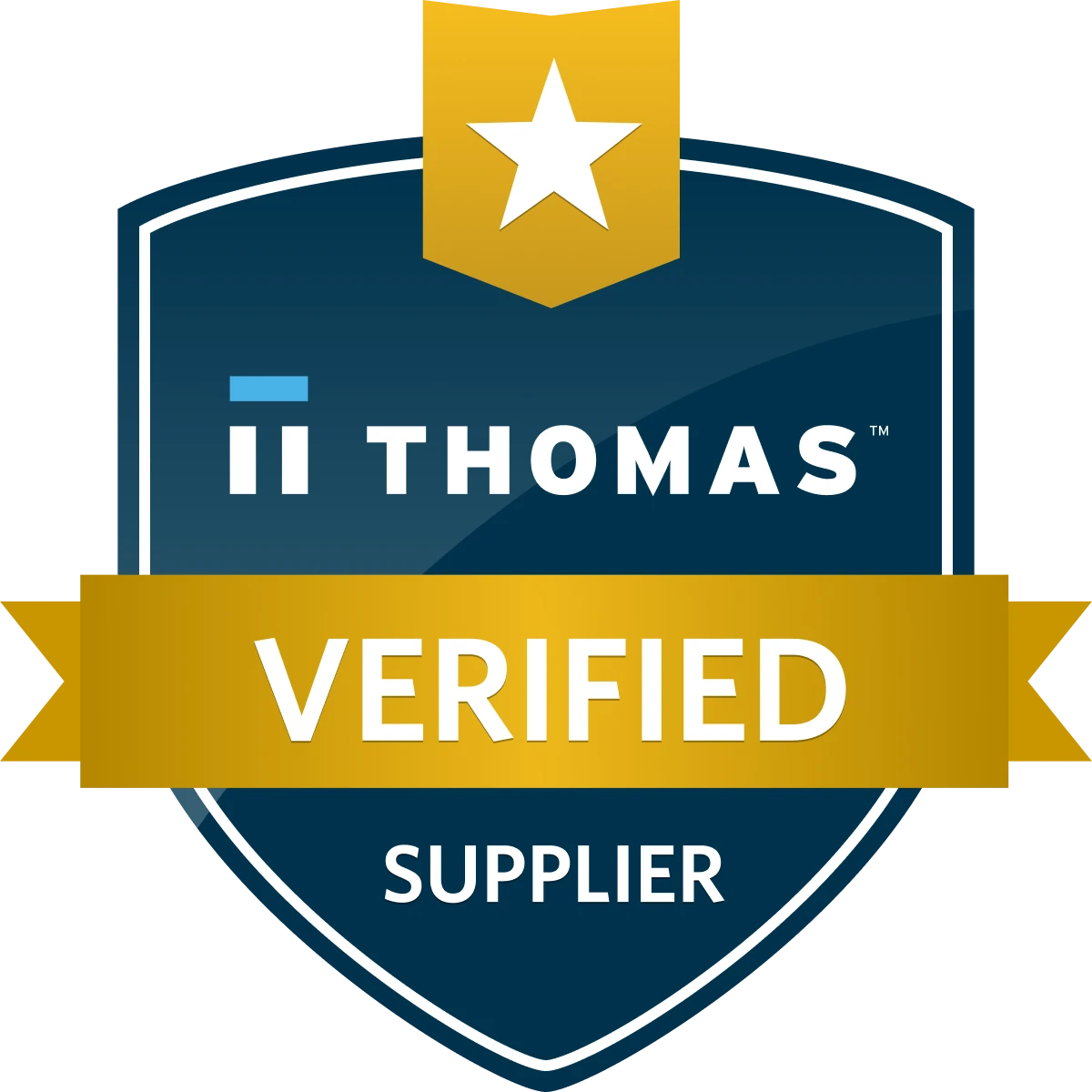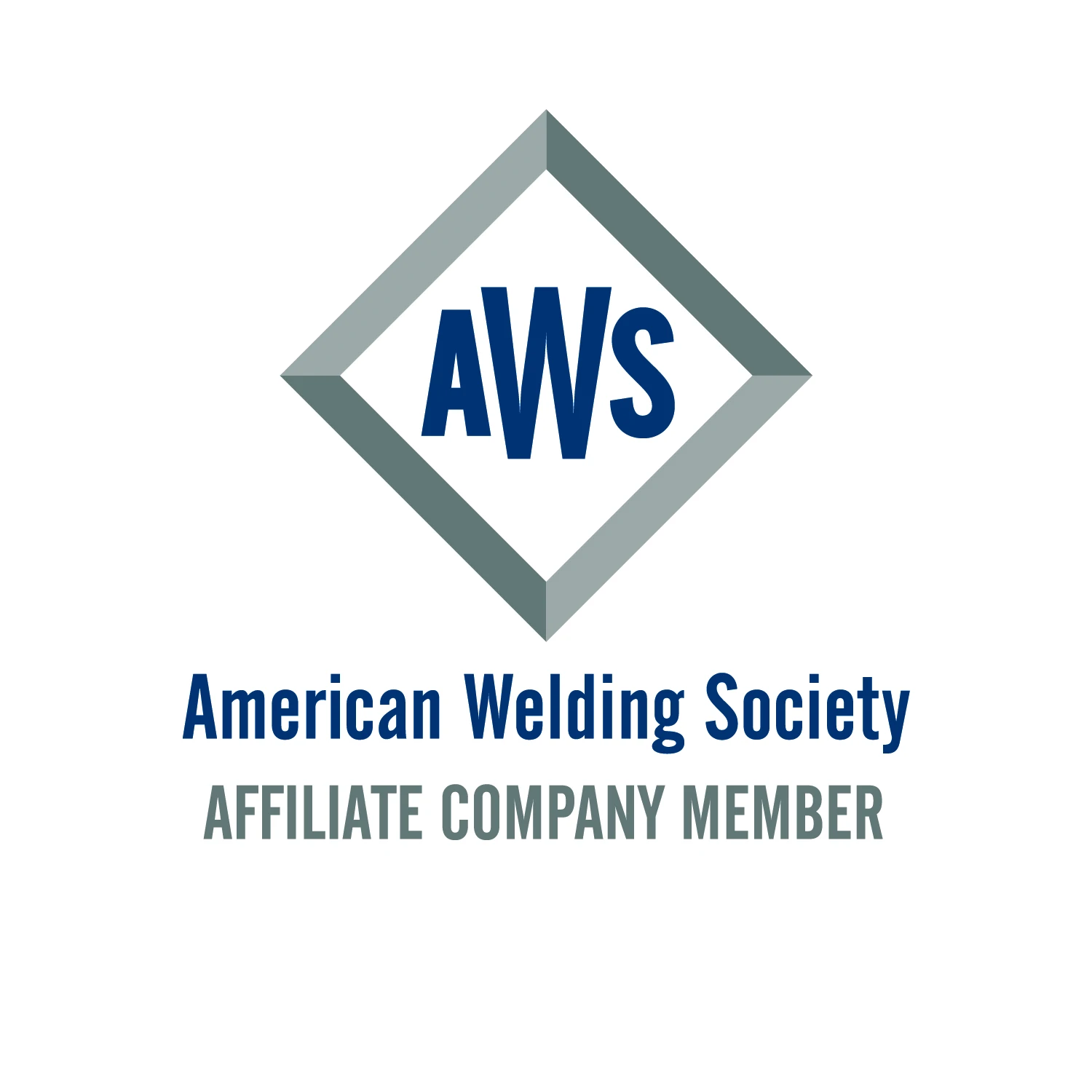With advances in abrasive technology, machining center operators can complete surface finishing simultaneously with other machining operations to speed cycle times, improve quality and save on offline finishing time and costs. As a result, contract machine shops are increasingly turning to abrasive finishing tools that can be integrated easily into CNC machine carousels or toolholding systems. However, in doing so, questions can arise about the use of abrasive materials in expensive CNC machining centers. The concern is often a generalized impression that these abrasives act like sandpaper and release large amounts of grit and debris that could potentially clog coolant lines or damage exposed slides or bearings.
“These are very expensive, very accurate machines,” says Janos Garaczi, president of Delta Machine Co. LLC, a machine shop located in Gardena, California, that specializes in complex, tight-tolerance parts made of titanium, nickel alloys, stainless steel, aluminum, plastics and other exotic alloys. “I wouldn’t do anything to jeopardize the accuracy or lifespan of the equipment.”
Abrasive Distinctions
A closer examination of abrasive tools demonstrates that these concerns are largely unfounded. Although abrasives are often lumped into the same category, a distinction must be made between abrasives used for aggressive material removal and abrasive finishing tools. According to Brush Research Manufacturing, which is based in Los Angeles, finishing tools release little to no abrasive grit during use, and the amount generated is comparable to the metal chips, grinding dust and tool abrasion created during the machining process itself.
“These are very expensive, very accurate machines. I wouldn’t do anything to jeopardize the accuracy or lifespan of the equipment.”
Even if minimal fine solids are produced, the filtration requirements for abrasive tools are not much different than those for machining. Any particulate can be easily removed using inexpensive bag or cartridge filtration systems, says Jeff Brooks of Filtra Systems, a company specializing in industrial filtration systems, including those for CNC coolant.
“A disposable media vacuum filter or pressure filter is the most cost-effective option for the end user for filtration that will achieve the high clarity levels required,” Mr. Brooks says.
“For fine honing work, I would recommend a 20-micron bag or cartridge filter, at minimum, to catch any fine solids and adequately protect the tool, the sump pump and keep the coolant ports from clogging,” says Chris Erato, director of sales at Oberlin Filter, a manufacturer of separation filtration for CNC coolant systems.
Read more: The Case for Abrasive Finishing Tools in CNC Applications






